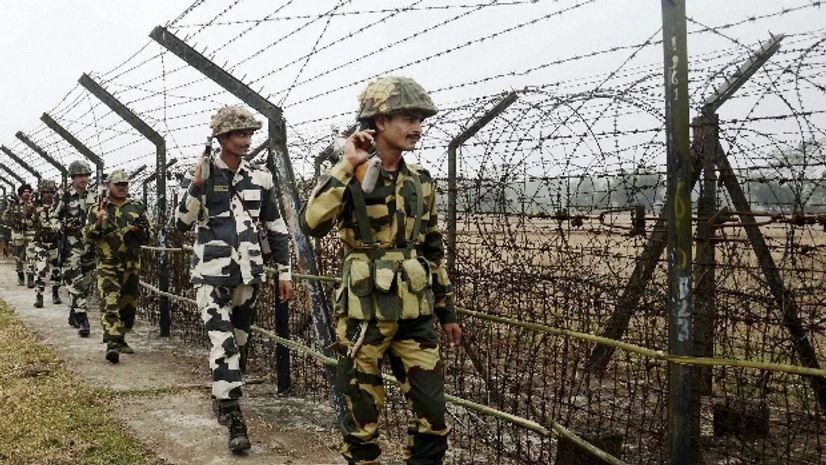Darshan Singh, an octogenarian, who lives a km from the border at Dhanoe Kalan village, has experienced the wars with Pakistan in 1965 and 1999, and a military standoff between the two countries during 2001.
He and other elders in the village believe the latest tension because of India’s strike against militants in Pak territory hsall also pass without repercussion.
“Nothing happened when India and Pakistan were at war. Nothing will happen now,” says Singh, looking at the machines he hired to harvest his premature paddy crop. He says he would have left his crop in the field for another week in normal circumstances. “But, this is my only source of livelihood. So, as a precaution, I am harvesting it,” he explains, leaning on his walking stick.
More From This Section
After which, responding to the unrest over the evacuation order for villages in a 10-km belt along Punjab's border, the Union government on Friday revoked its decision. Villagers will be allowed to return after nine days, the state government said. The evacuation was ordered on September 29, following India's strikes across the Line of Control.
Punjab shares around 550 km with Pakistan, with six districts in close proximity of the international border (IB). From news reports, nearly 1,000 villages within the 10 km radius of the IB were evacuated, in anticipation of shelling from the Pak side.
“The Punjab government is doing politics because of impending elections in the state. If the situation is so dire, why is the government not vacating villages in Rajasthan?" asks Sucha Singh, who has sent his wife and children to relatives in Chandigarh.
Punjab assembly elections are due early next year and the stakes are high for the ruling Shiromani Akali Dal and Bharatiya Janata Party alliance.

)
